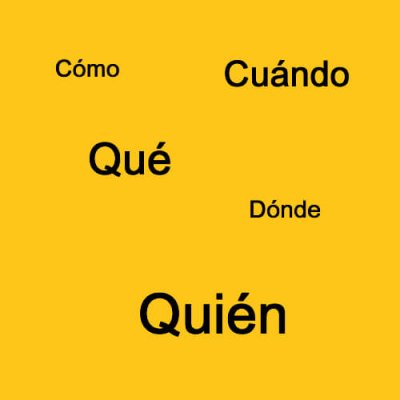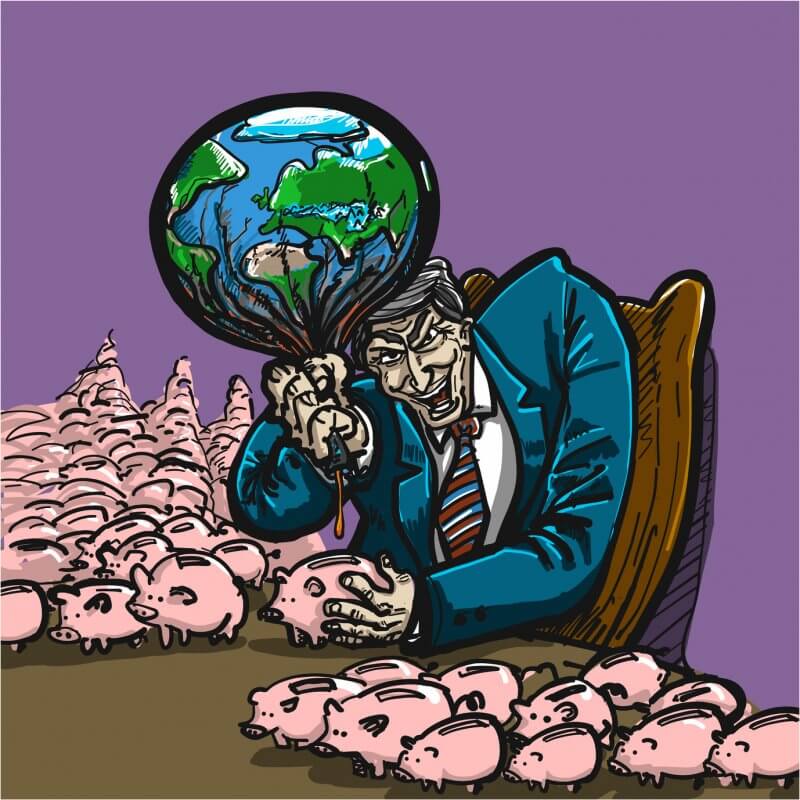 Evolution is any process of change and passage from one generation of elements to another. The term evolution is used in most cases in relation to biological, genetic and physical processes, although it can also be used to describe social and individual phenomena. Human evolution is therefore one of the main notions applied to this concept and it combines both biological and natural elements with social and cultural elements.
Evolution is any process of change and passage from one generation of elements to another. The term evolution is used in most cases in relation to biological, genetic and physical processes, although it can also be used to describe social and individual phenomena. Human evolution is therefore one of the main notions applied to this concept and it combines both biological and natural elements with social and cultural elements.
Evolution always implies an alteration of the existing conditions towards a higher stage in which they become more complex. When reference is made to natural evolution, we are talking about the development of microorganisms that, due to the need to adapt to different environmental conditions, presented alterations in their main characteristics. These transformations then allowed living organisms to survive environmental changes. The non-possibility of evolution meant extinction for thousands of species of living beings.
When we speak of human evolution, we are referring to the process of development of the characteristics that would end up resulting in what today is the current human being. It is believed that this process of evolution would have started between 5 and 7 million years ago with the separation between the first hominids and primates. According to the records found in this sense, the first hominid that already had elements differentiated from those of the primates was the Australopithecus from which evolution allowed to reach the Homo Sapiens Sapiens, current man.
Throughout the period through which the first hominids managed to transform themselves into the most evolving human being, numerous achievements took place: the development of tools (first primitive, then more complex), the mastery of fire, the improvement of all survival techniques, the creation of agriculture and the consequent establishment of organized social life.









